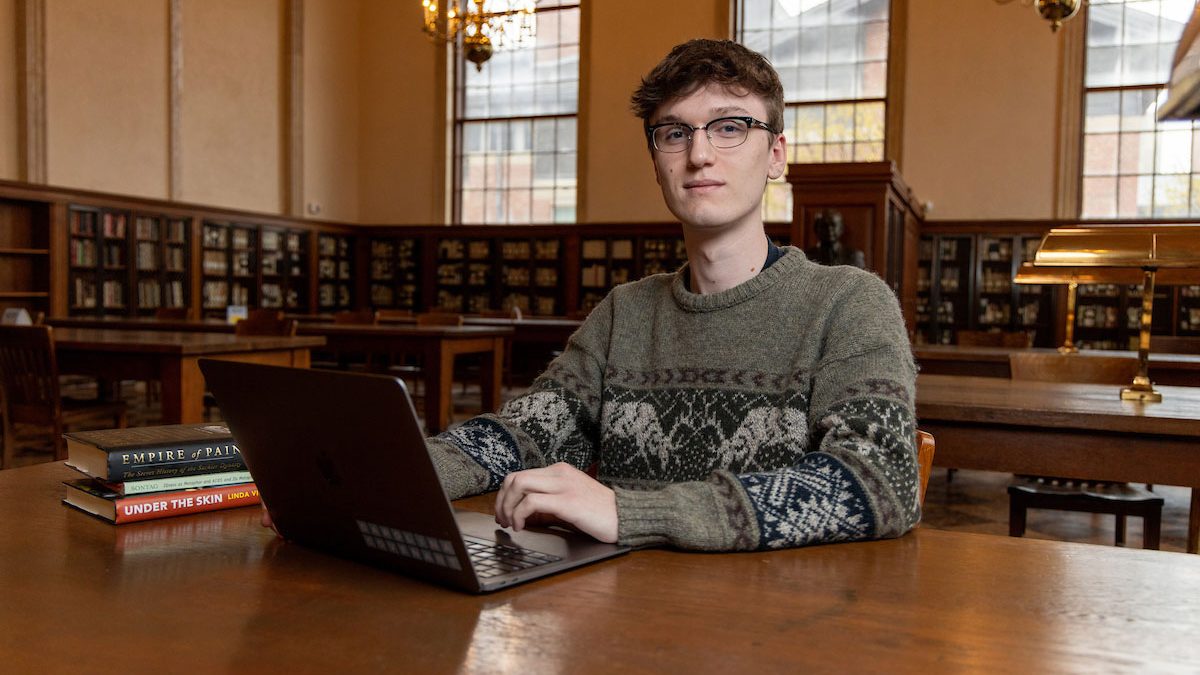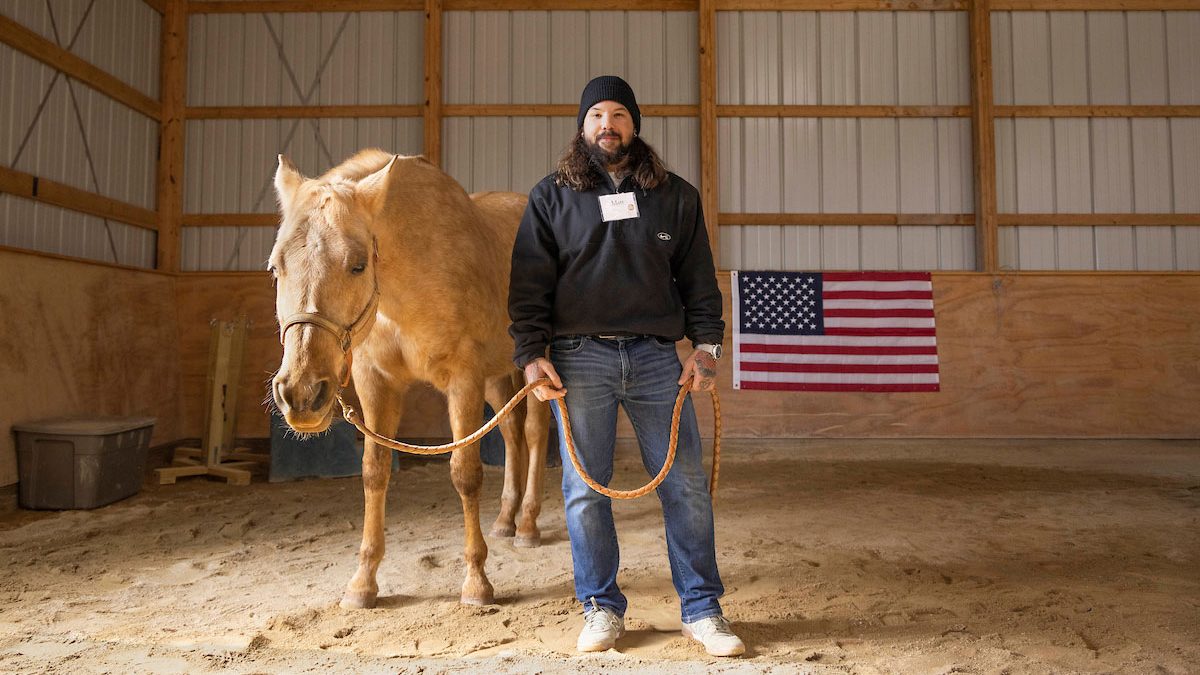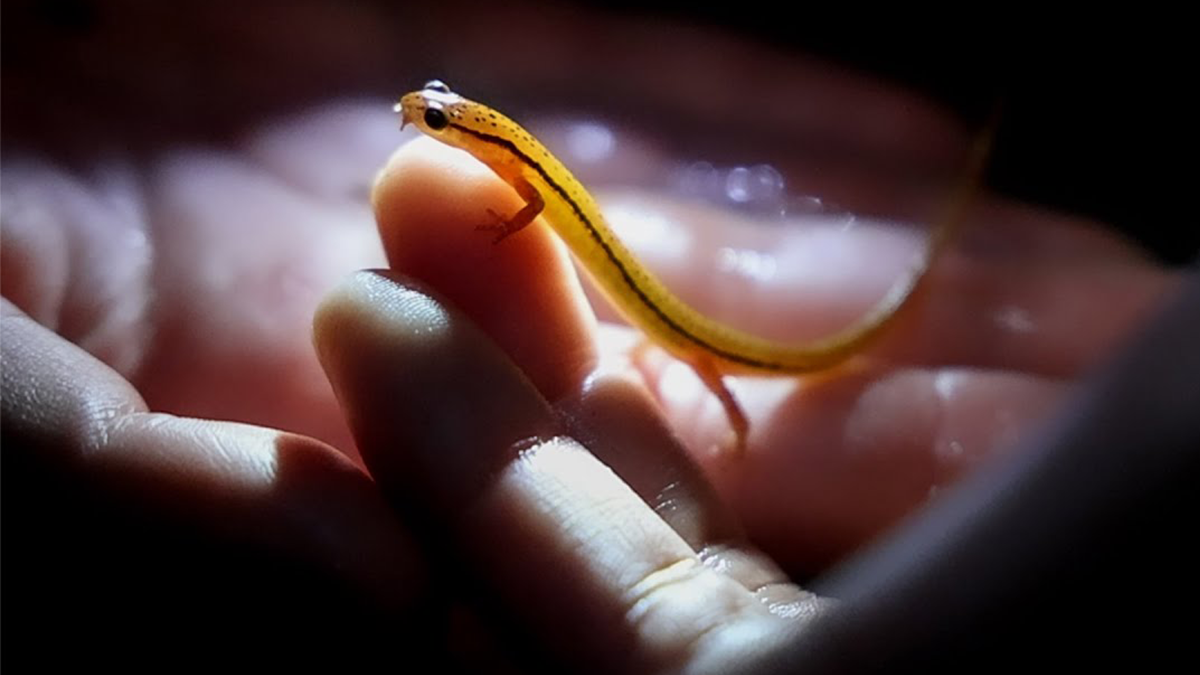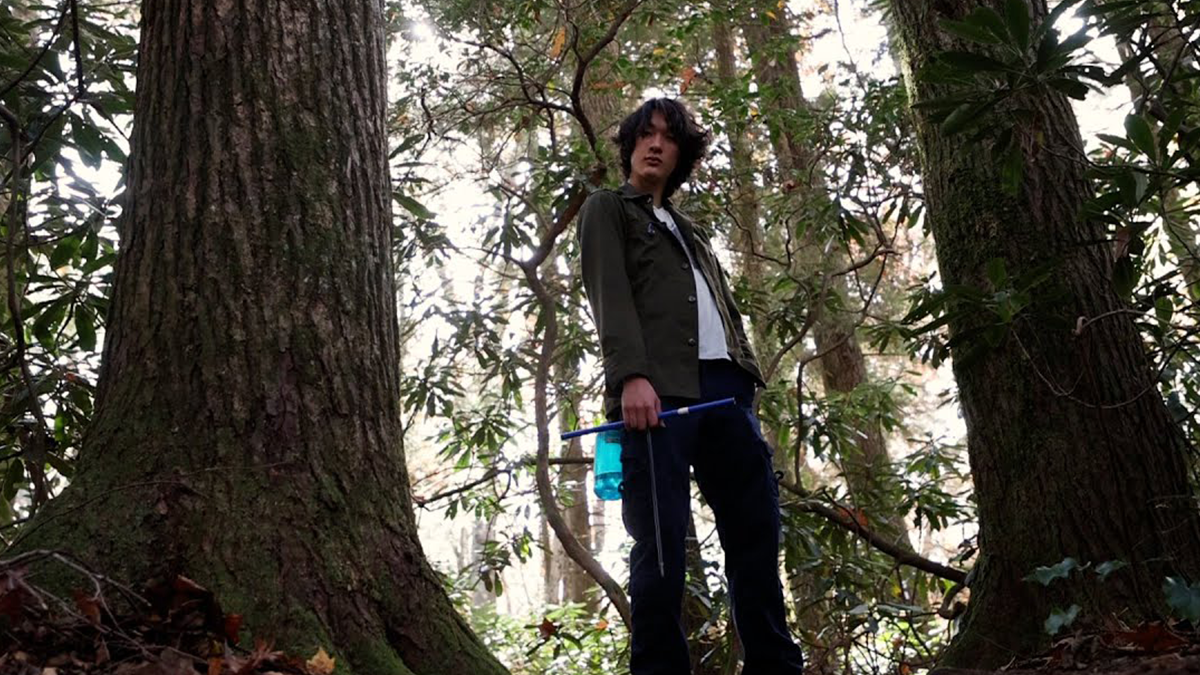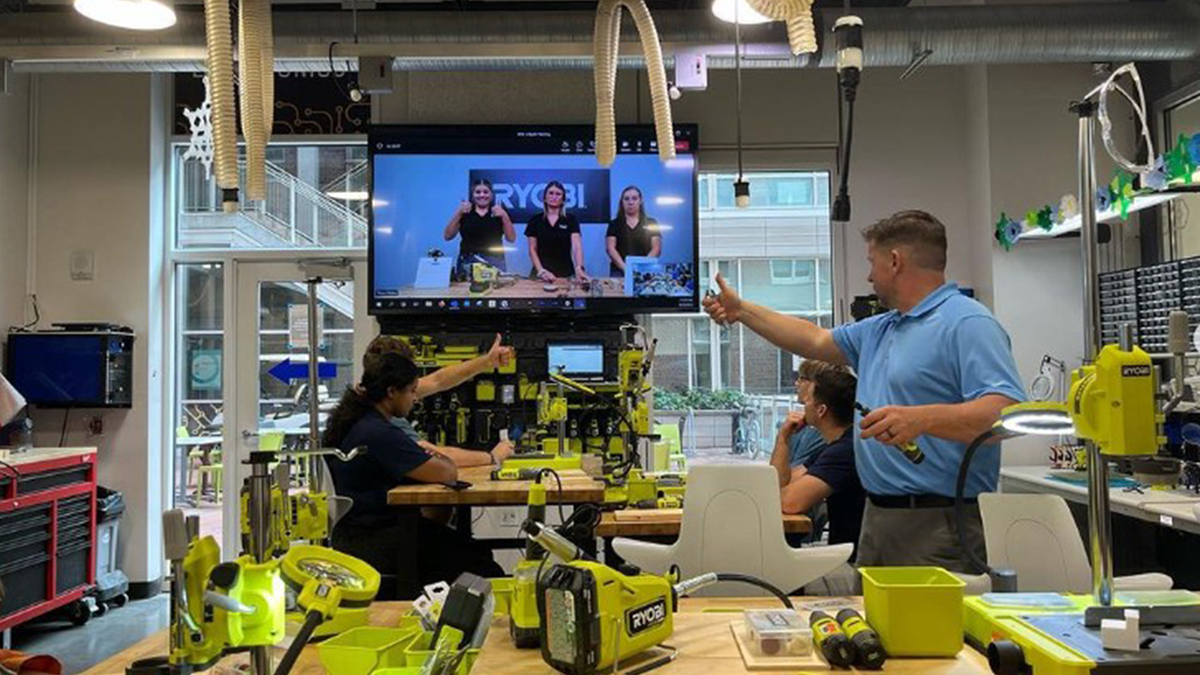What They’re Trained For
Speeding the development of emergency ventilators.
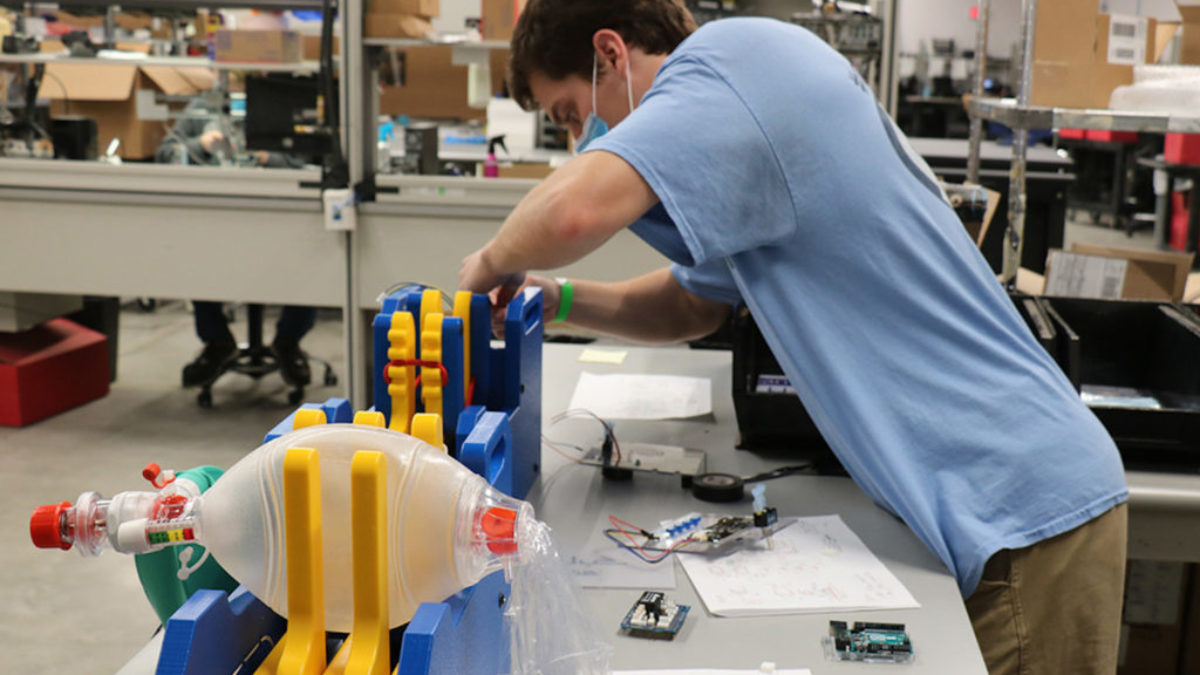
Speeding the development of emergency ventilators.
Biomedical engineering student Kathlyne Bautista always knew that her coursework and training would set her on a path to make a life-changing difference for people. But before the coronavirus pandemic, she didn’t realize just how soon that opportunity would arrive.
Bautista is part of theCarolina Respiratory Emergency – Ventilator (CaRE-Vent)Opens in new windowteam led by Dr. Yueh Lee, an associate professor at UNC-Chapel Hill. His research team is sprinting to design and prototype an open-source ventilator in a matter of weeks that has the potential to help fill a critical equipment gap caused by a projected spike in COVID-19 patients.
The group is designing the ventilator so that it could be manufactured quickly and inexpensively — at less than $1,000 and with only six hours of skilled labor per unit.
The biomedical engineering department, which blends the medical knowledge of researchers at UNC-Chapel Hill and engineering expertise of those at NC State University, has bridged faculty and students from both institutions to work quickly on the ventilator. Other schools and departments at both universities, including theUNC School of MedicineandNC State Department of Mechanical and Aerospace Engineering, have joined the effort, along withUNC Healthand multiple industry partners, including Toshiba Global Commerce Solutions headquartered in Research Triangle Park and ShopBot Tools headquartered in Durham. They share a common charge: figuring out how to develop an emergency ventilator in a time crunch.
“This is what biomedical engineers are trained for — being given a problem in medicine and bringing engineering tools in to solve that problem,” said Paul Dayton, interim chair of the biomedical engineering department and William R. Kenan Jr. Distinguished Professor. “The design process and prototyping are all part of our curriculum. This has been a real-world — and much more urgent — implementation of what our students are trained to do.”
